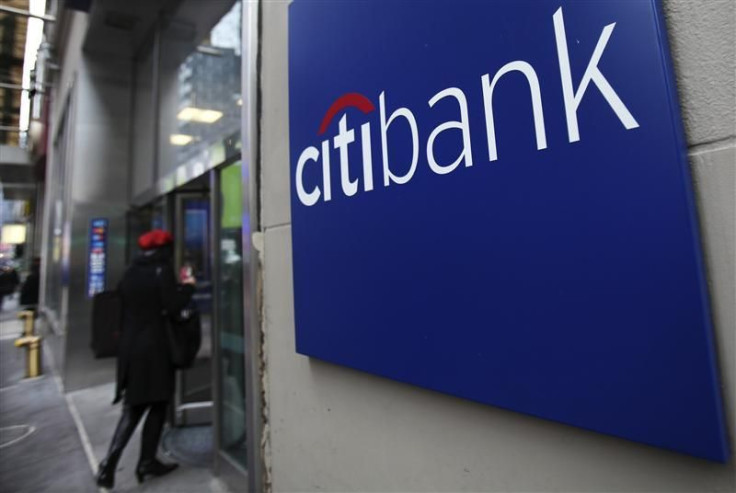Fed Stress Test Results: Citi, SunTrust Fail, JP Morgan Passes

Citigroup Inc., the third-largest U.S. bank, and SunTrust Banks Inc. failed the Federal Reserve's latest stress test because they lack enough capital to endure a hypothetical shock to the U.S. economy, the central bank said Tuesday.
JPMorgan Chase, the nation's largest bank by assets, passed the test; it said it plans to raise its dividend to 30 cents and signed off on a $15 billion stock repurchasing. The bank has plenty of cash for the stock buyback; at the end of 2011 it had $59.6 billion in cash. Bank of America also passed.
Along with Citigroup and SunTrust, MetLife Inc. and Ally Financial Inc. all failed some measures of the annual test. The other 15 banks emerged unscathed from the Fed's stress test, which is designed to give an idea of what would happen to big banks if the stock market fell 50 percent, home prices dropped 21 percent or the unemployment rate jumped to 13 percent.
Citi is down more than 3 percent in after-hours trading. SunTrust is down almost 4 percent.
The Fed released the results of this year's Comprehensive Capital Analysis and Review of 19 banks at 4:30 p.m. EDT on Tuesday, two days ahead of schedule.
The Fed moved up the announcements after JPMorgan Chase & Co. broke the news Tuesday that it had passed the stress test and announced the dividend and buyback moves. At the end of 2011, JPMorgan Chase had $59.6 billion in cash, according to its fourth-quarter report.
We are pleased to be in a position to increase our dividend and to establish a new equity repurchase program, Jamie Dimon, JPMorgan CEO, said in a statement announcing the company's good news. We expect to generate significant capital and deploy that capital to the benefit of our shareholders.
The Fed said Citi's capital plan in the wake of the hypothetical slumping economic conditions did not meet its requirements because it would make the bank's common capital ratio fall to 4.9 percent, which does not meet the Fed's minimum of 5 percent. SunTrust would plunge to 4.8 percent, and Ally's would drop to 2.5 percent.
© Copyright IBTimes 2025. All rights reserved.





















